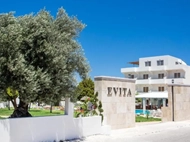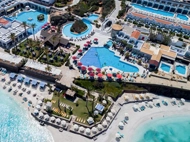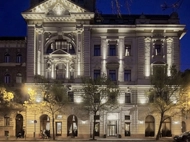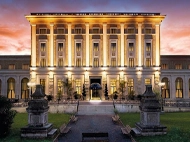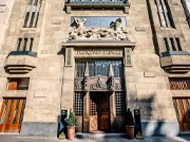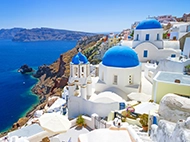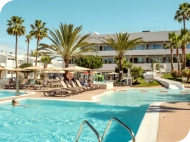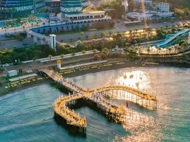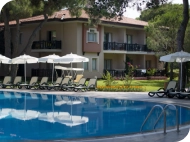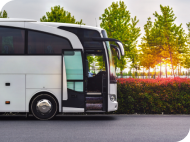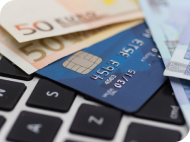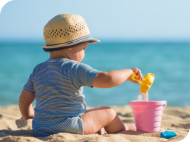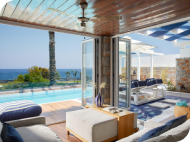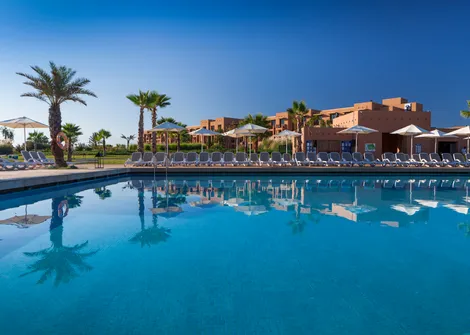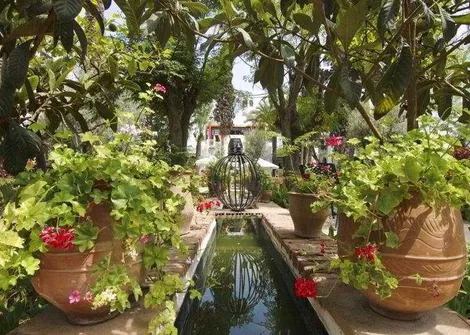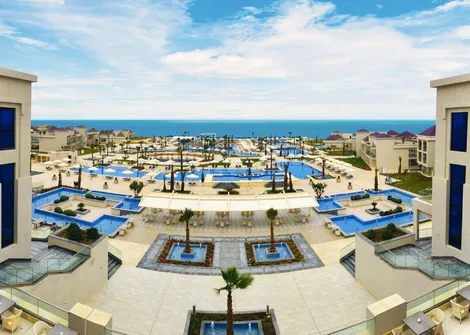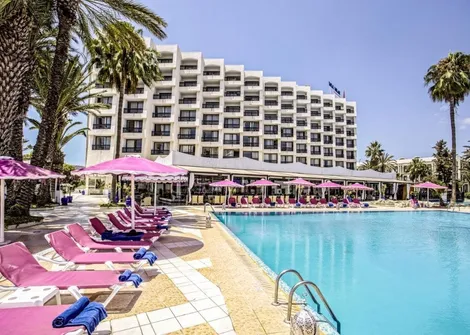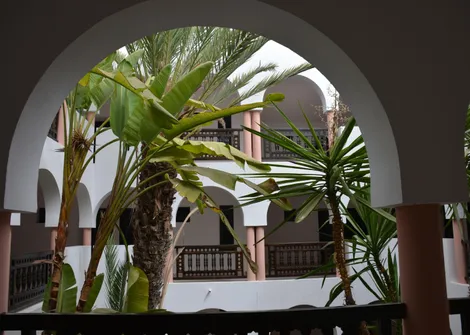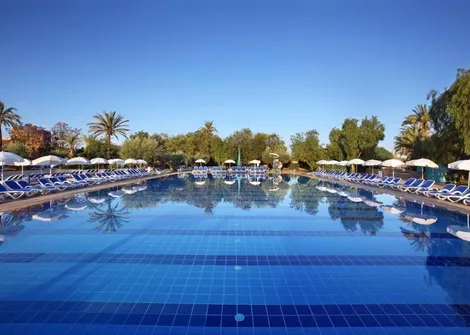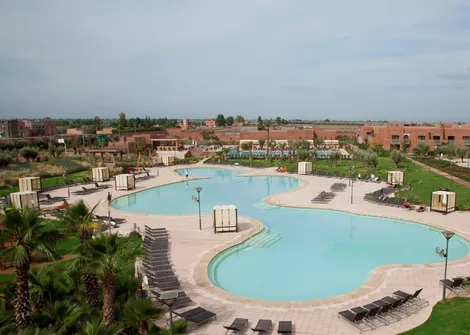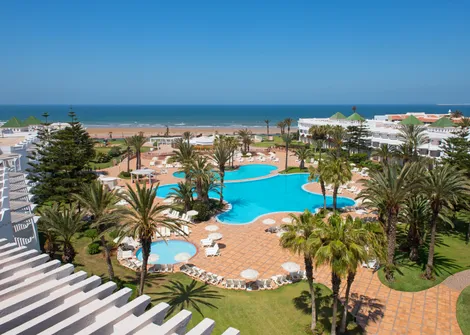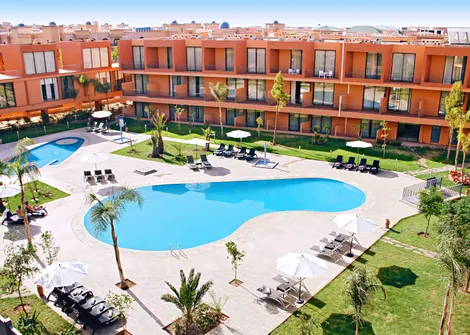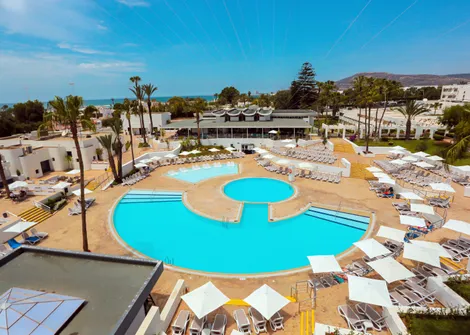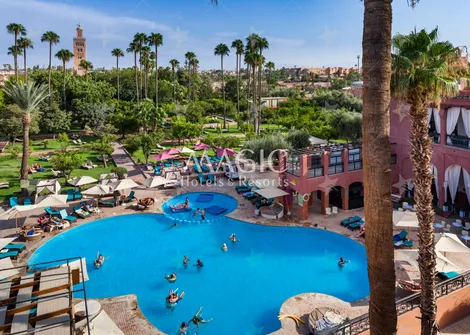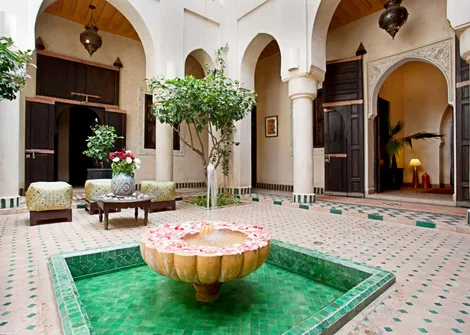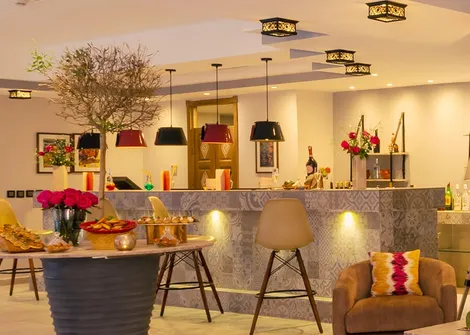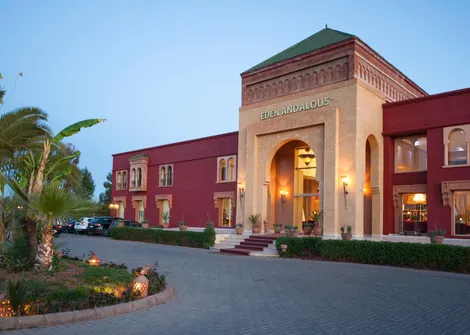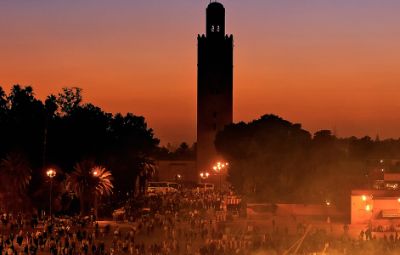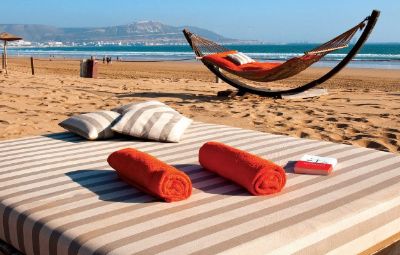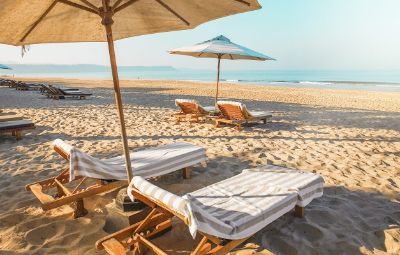A land bursting with souks and spices amidst desert dunes. A place for romantics, beach-lovers, barterers and adventurers, this sun-kissed land entices and delights many people for many reasons. The Romans loved it, and so do we, and it's not hard to think why with our great selection of Tunisia holidays.
Things to do
A land bursting with souks and spices amidst desert dunes. A place for romantics, beach-lovers, barterers and adventurers, this sun-kissed land entices and delights many people for many reasons. The Romans loved it, and so do we, and it’s not hard to think why with our great selection of Tunisia holidays. Echoing with the regular call to prayer, Hammamet will give you a rich taste of the exotic.
Places to stay
With crystal blue waters, sandy bays and a rich, cultural history, Tunisia is the perfect place to go on holiday. On your holiday to Tunisia, you can choose to explore Hammamet’s resort or the city of Monastir. Both places are home to some amazing history, like Monastir’s Forte El Ribat castle which sits on the seafront, or the 13th century Kasbah in Hammamet. If you prefer to soak up some traditional culture on your holiday to Tunisia, wander down to Monastir’s marina to look at the pretty boats and mingle amongst locals, or pick up a bargain at Hammamet’s Medina.
What should I pack?
Your holiday wardrobe will depend on what time of year you’re travelling and the activities you’re planning. It’s wise to check the weather forecast before you go.
During the summer, loose, cotton clothing can help keep you cool when the temperature rises. Dressing conservatively is also advised (Tunisia is a Muslim country). For example, women shouldn’t wear mini-skirts, and a headscarf must be worn when visiting a mosque, while men should avoid shorts and vest tops when visiting religious sites.
Even though it’s hot during the day, it’s worth packing something a little warmer to wear in the evening; in certain parts of Tunisia, temperatures can actually fall below 0°C when the sun goes down, especially in the more mountainous areas.
Planning on hiking? You’ll need hiking boots to take on those sandy deserts and rocky paths, so make sure they’re sturdy and comfortable.
Don’t forget sun cream
You can expect lots of glorious sunshine in Tunisia, so be sure to pack your sunglasses. Bring plenty of sun cream, too, as it can be very expensive to buy when you’re out there. A sun hat can is great for keeping the sunshine at bay, especially for the kids.
Bring mosquito repellent
Be sure to bring mosquito repellent with you, just in case you can’t find any while you’re out there. It’s always sensible to wear it in the evenings.
More Travel Guides
We also have travel guides available for destinations, including: Djerba | Hammamet | Port el Kantaoui | Sousse
